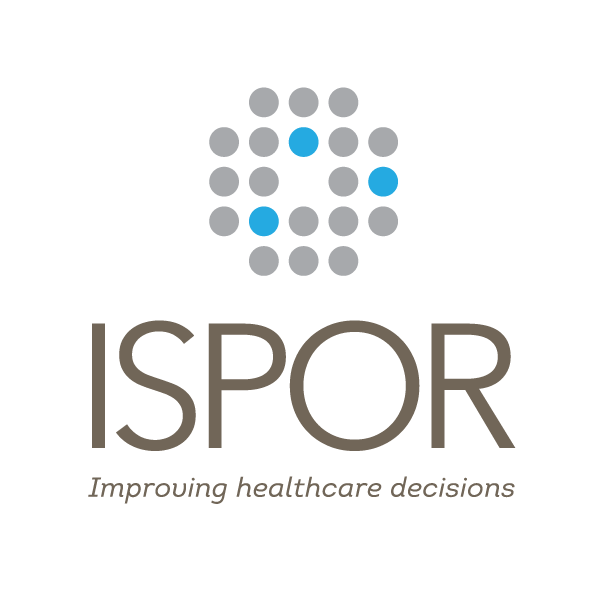Newswise — Vienna, Austria—2 November 2016—The International Society for Pharmacoeconomics and Outcomes Research (ISPOR) hosted its third plenary session, How to Control Costs and Improve Access to Medicines: Lessons from the InterQuality Project, at the Society’s 19th Annual European Congress in Vienna, Austria.
The plenary was moderated by Tomasz Hermanowski, PhD, InterQuality Project Leader and Professor and Head, Department of Pharmacoeconomics, Medical University of Warsaw in Poland. Speakers included: - Anna Zawada, MSc, Director, Transparency and Tariff Councils Office, Agency for Health Technology Assessment and Tariff System (AOTMiT), Warsaw, Poland- Joanna Lis, MSc, MBA, PhD, Director , Market Access, Sanofi-Aventis, Warsaw, Poland- Axel Muehlbacher, PhD, Professor, Neubrandenburg University, Neubrandenburg, Germany- Brian K. Solow, MD, Chief Medical Officer, Optum Life Sciences, Irvine, CA, USA
The International Research Project on Financing Quality in Healthcare (InterQuality Project) investigated the effects of different financing systems on the quality of health care in Poland.
The plenary speakers focused on a number of important themes that emerged from the InterQuality Project. Moderator Tomasz Hermanowski, PhD introduced the session by outlining the objectives and scope of the InterQuality Project. Dr. Hermanowski pointed out that increasing health care spending often does not improve the quality, efficiency, or availability of health care services. He stressed that 21st century medical technology may not be efficiently delivered by 19th century institutions and financing models. This has resulted in an urgent need for innovative payment models and care delivery that focuses on ensuring that “every patient gets the right care, at the right time, and for the right reason.” The InterQuality mandate was to investigate the feasibility of implementing proven innovations.
Anna Zawada, MSc spoke on equity in health care systems access and payments. Zawada reviewed the InterQuality Equity Study. She concluded her talk noting that, “On the basis of our findings and the literature found, we strongly recommend systematic monitoring and validation of the effects of health care system changes on the equity of spending and uptake of health care services.”
Joanna Lis, MSc, MBA, PhD spoke on Poland’s drug program offered to seniors over the age of 75 years. One key finding of the InterQuality Project was that equity of access to health services and medicines was extremely important. In this case study, Poland’s proportion of households with “catastrophic” out-of-pocket health care spending was much higher than in either Denmark or Germany, and was concentrated in vulnerable groups of senior citizens. In response, Poland’s new Minister of Health launched a program offering free medicines for the country’s senior citizens.
Axel Muehlbacher, PhD spoke about methodical aspects of preferences measurement, value assessment, and efficiency frontiers. He concluded that (in line with the logic of the efficiency frontier) a reimbursement price is appropriate if it does not lead to a worse cost-benefit ratio, and that a new product may be more expensive than the status quo as long as an additional benefit can be provided.
Brian K. Solow, MD spoke about US pharmacy benefit management (PBMs) companies. In the US, PBMs are companies that administer drug benefit programs for employers and health plans. Dr. Solow noted that from 2016 to 2025, it is anticipated that the use of PBM tools in the marketplace will save plan sponsors and consumers approximately $654 billion. He reviewed how PBMs control costs through employee utilization management programs, such as step therapy, prior authorization, and quantity limits. Dr. Solow also outlined PBM’s concurrent drug utilization review, retrospective drug utilization review, and drug interaction alert programs.
In summary, the key message of the InterQuality Project is that improving health care quality does not necessarily require paying more for health care services. Rather, the primary key is to spend smarter and use incentives to improve quality, change the way care is delivered, and increase the resources needed to expand coverage.
Additional information on the ISPOR 19th Annual European Congress can be found here. Released presentations from the congress can be found here. Interested parties can follow news and developments from the conference on social media using the hashtag #ISPORVienna.
###
ABOUT ISPORThe International Society for Pharmacoeconomics and Outcomes Research (ISPOR) is a nonprofit, international, educational and scientific organization that promotes health economics and outcomes research excellence to improve decision making for health globally. Web: www.ISPOR.org | LinkedIn: www.bit.ly/ISPOR-IN | Twitter: www.bit.ly/ISPOR-T (@ISPORorg) | YouTube: www.bit.ly/ISPOR-YT |Facebook: www.bit.ly/ISPOR-FB
